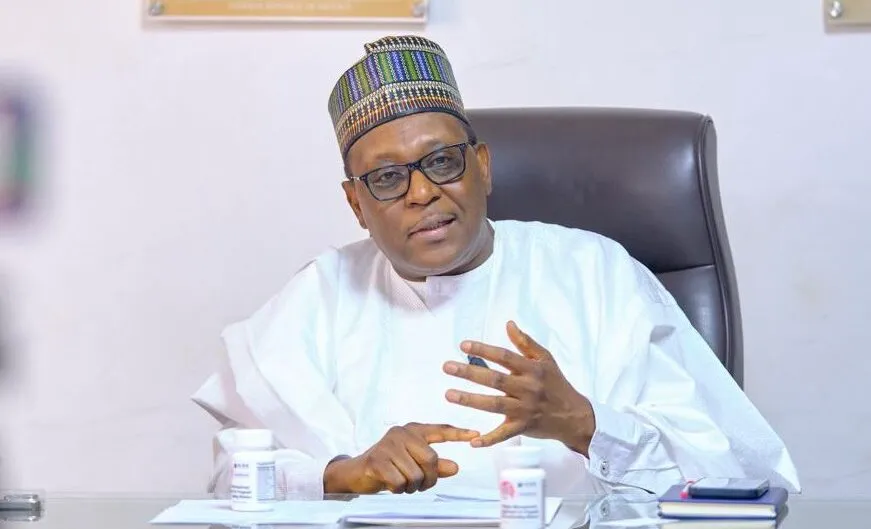By Iyemah David
Nigeria’s Coordinating Minister of Health and Social Welfare, Professor Muhammad Ali Pate, has outlined key progress in Nigeria’s health sector, including expanded health insurance coverage.
The progress also includes rehabilitation of Primary Health Centres (PHCs) and reforms in tertiary hospitals.
In a post on his official X handle, Prof. Pate said the achievements reflected the priorities of President Bola Tinubu’s Renewed Hope Agenda.
Health Reporters Newspaper reports that the agenda emphasises strengthening of PHCs as the foundation of Nigeria’s health system.
According to the coordinating minister, the Basic Healthcare Provision Fund, drawn from at least one per cent of the Consolidated Revenue Fund and donor contributions, has already disbursed more than N50 billion directly to over 8,000 PHCs across the federation.
He said the fund had boosted functionality and supported rehabilitation projects in all 774 local government areas.
Prof. Pate said that the PHCs recorded more than 37 million patients in the first quarter of 2025, noting that the patients were largely among rural and marginalised populations.
The minister said that through the IDA Impact Programme, the Federal Government, in partnership with states, was revitalising thousands of PHCs nationwide.
He said that the National Health Insurance Authority had expanded enrolment by additional four million Nigerians, raising coverage to 20 million citizens for the first time in Nigeria’s history.
“This has brought greater affordability and accessibility to the lowest income groups in line with the core tenets of Mr President’s Renewed Hope Agenda,” he said.
He further highlighted reforms at higher levels of healthcare, saying that more than 300 projects had been executed across five tertiary hospitals in northern Nigeria.
Pate said that more than 4.5 million outpatients and 1.6 million inpatients had benefitted from the projects in the last two years.
He added that the government introduced the National Health Fellows Programme, deploying one young leader to each local government area to drive accountability and quality assurance in PHCs.
According to the minister, there is an ongoing recruitment of nurses, midwives and primary healthcare workers.
The minister said that the reforms were being coordinated under the Sector-Wide Approach (SWAp) Office led by Dr Muntaqa Umar-Sadiq, National Coordinator of the SWAp Coordination Office.
He said that SWAp Office united federal institutions, state governments, civil society organisations and donors under a common framework for health development.
“With the consistent support of President Tinubu, Nigerians can and should expect that the transformation of our healthcare system is not only continuing, but already yielding tangible results,” he said.




